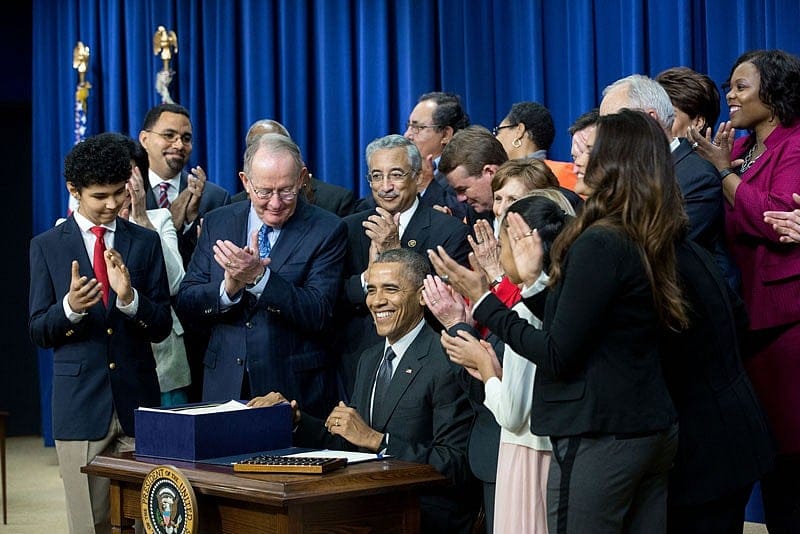How Massachusetts — not the feds — improved student achievement

An oft-cited study by Thomas Dee and Brian Jacob in 2010 on the impact of No Child Left Behind (NCLB) on students, teachers, and schools across the country showed how little impact NCLB had on student achievement. The published version included invited comments by, among others, education researcher Helen Ladd. Ladd raised a provocative question (pp. 204-205):
First, the null findings for reading indicate to me that to the extent that higher reading scores are an important goal for the country, NCLB is clearly not the right approach. That raises the obvious follow-up question: what is?

